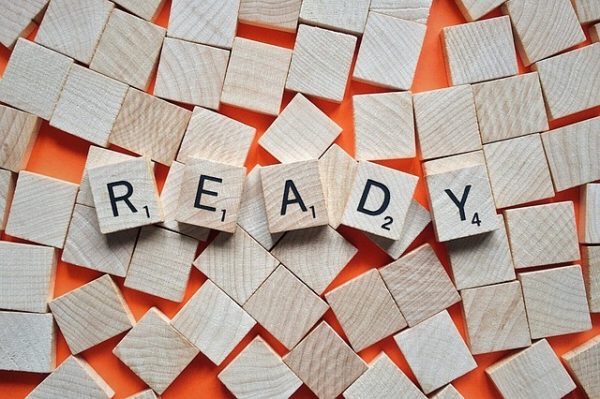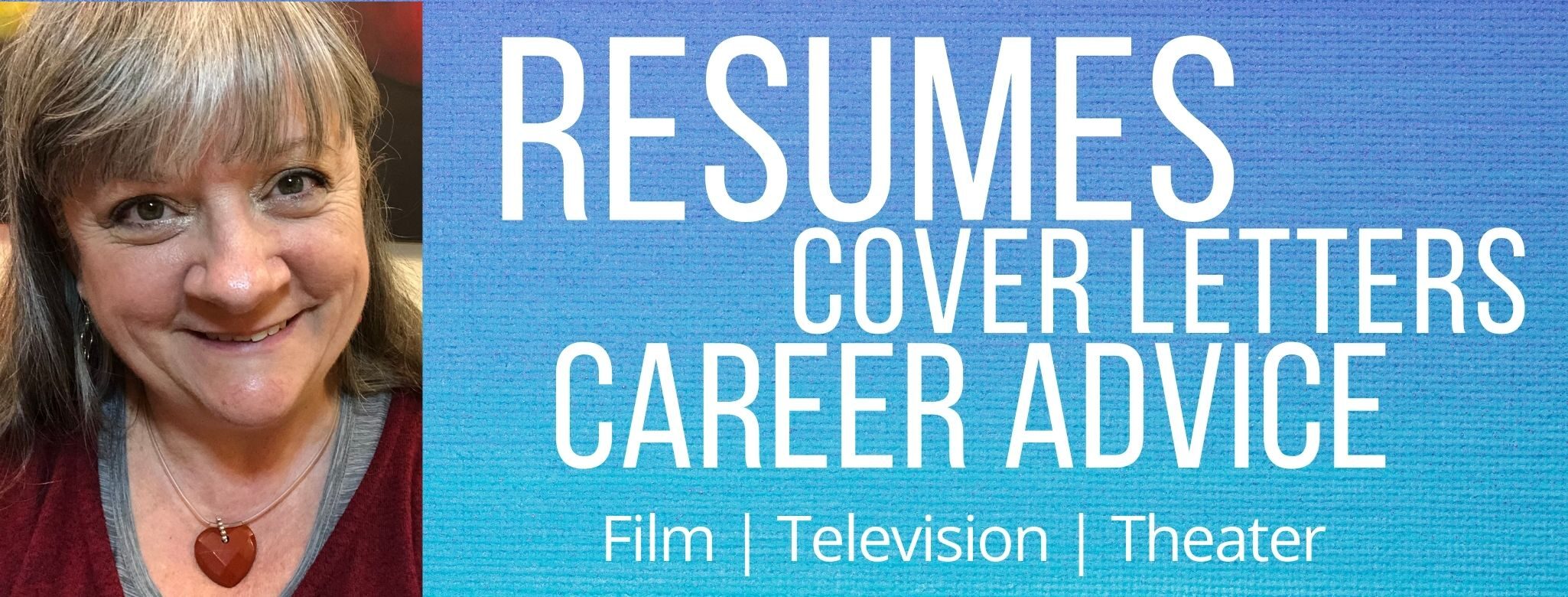
- Research the company and individuals
It’s very important to know the company and the people already working on the project. I’ve written a post before with tips for doing this research, and honestly it would have been good to do so before submitting your resume. But in any event, go over your research before the interview, especially if you have a bunch of other applications in process.
Check the social media profiles (Twitter, Facebook, LinkedIn, Instagram) of the company and the principle individuals, look at their IMDb pages, and check for any news.
This research will ensure that you present yourself as fitting in with the company culture, and can prepare a few intelligent questions. My experience has been that hirers for gigs do give a lot of information at the start of the interview, and it is fully OK to take notes about start dates, the project itself, and where the shoot will be occurring, or in the case of company jobs, about the kind of work they are doing at the time.
Your research will also help you if the interviewer asks process questions – hypothetical “what would you do?” scenarios. Your research will help you understand your hirer’s needs.
2. Write and practice answers to the most common questions
There is a good chance that you will be asked some of the very typical questions, with the most likely question being “Tell me about yourself”.
Definitely have that answer prepared – an extended version of your elevator pitch. Stay focused on your professional history and what you will bring to the job. Avoid getting into a bunch of personal stuff – this is not the time to talk about how many kids you have, or how long you have been married (unless they also know your spouse. My husband is in the business, so people often know his work too. And even then, it’s not something I would lead with or emphasize.)
The very first thing you should say is who referred you to the job and how you know them.
- If that person is with the company or on that project, by all means, let them know when you will be in the office for your interview. There is nothing better than having someone pop their head in and say, “Oh she’s great at her job!” or being seen greeting a person.
Although I have never been asked this in a gig interview, for listed/staff jobs you should prepare an answer for whatever variation of the “What is your greatest weakness?” question. The function of this question is not to look for an excuse to not hire you. It is to see if you are self-aware, realistic, oriented towards growth and self-development, and take responsibility for yourself. They want to see if you can learn from your errors, which is a positive skill.
The way to frame the answer should be “What I would most like to improve on is…” whatever skill. Or you can say that in the past you “have been challenged by…”. In either case, always continue with the specific strategies and actions you have been and are continuing to take to mitigate the negative aspect and say how you have already improved. (No humble brags!)
The great thing about this question is you get to choose your weakness! It should be something related but peripheral to the job – that is not the main or key skill required.
The rubric works like this:
“In the past, I have been challenged by [this fault]. It was a problem at work because [reason]. I realized that I needed to [improve this skill/take some steps/stop allowing this to hold me back] so I [took these actions or steps]. The result has been that [a positive improvement at work]. It’s still not my favorite part of the job, but I am continuing to work on it, and overall [another general improvement in your skills.] “
For example:
“In the past I have been challenged by a fear of speaking in public. It was a problem at work, because part of the job was making presentations to groups of department heads as well as clients. I would get so nervous, I would get tongue tied and flustered. I realized I needed to improve my confidence so I joined a speaker’s group at the community college, and learned some techniques for calmness. I also learned how to practice at home with just my family. The result has been that I am a lot better at making presentations. It’s still not my favorite part of the job, but I’m still going to the group, and recently a campaign concept I presented was chosen by the clients, who said I made the ideas very clear.”
Finally, a great question to ask yourself, which often helps you come up with more ideas is “What would my last boss say about me?”
3. Make practical preparations the night before
- Print some extra copies of your resume
- If applicable – make sure your portfolio is in order and that you have something to leave with them, like a data card with key images
- Collect your business cards and have them easily accessible
- Prep your small notebook and working pen
- Make sure your clothes are planned and laid out – neat, clean, and appropriate for the job and company. Be very cautious about wearing movie tee shirts.
- Double check the address and the route, and plan to leave extra early. It’s better to have to wait in a coffee shop nearby for half an hour, than risk being late.
- Prepare a note card, and stamped and addressed envelope, ready to write your thank you note and mail it immediately you leave the interview. You can go back to the coffee shop to write it.
What about prepping for a video interview?
As well as the preparations already mentioned – with the exception of printing resume copies – you should also tidy and clear your background, check the lighting and close windows. Still get dressed down to your shoes – it changes how you carry yourself and improves your demeanor. Let your roommates or family know in advance what you will be doing and hopefully ensure that there is quiet and calm in your environment. Here’s a post about it. (Scroll down.)
Good luck with your job search. Please sign up to my list and get a free five-part email course to guide you in writing your own ATS compliant resume.


